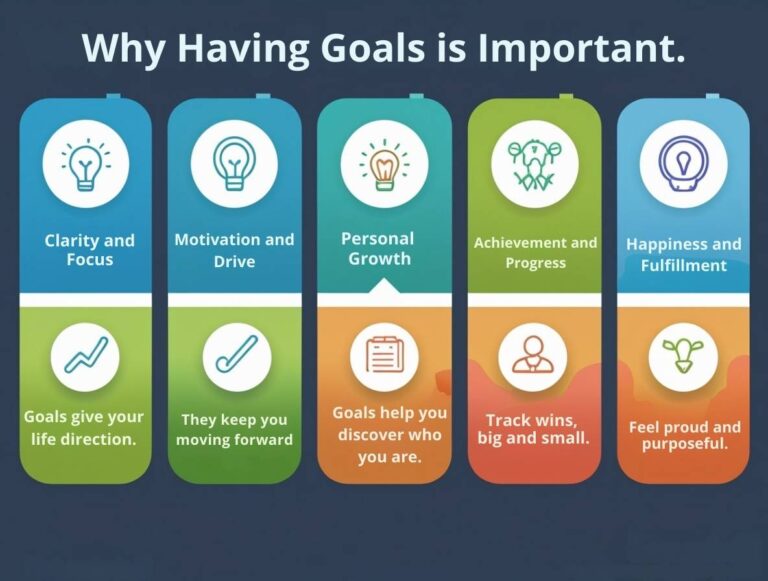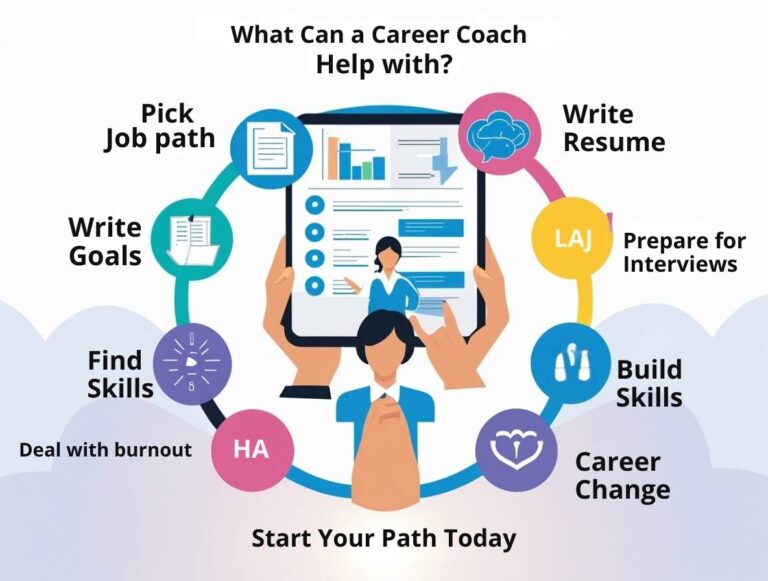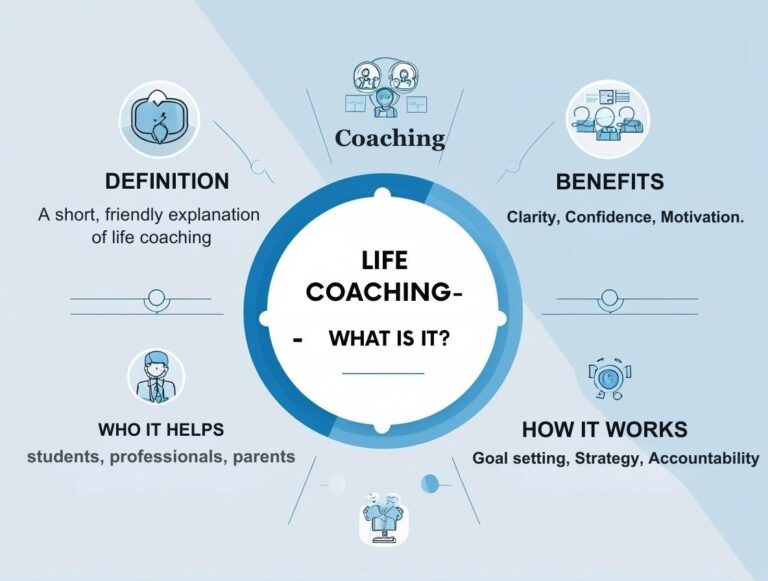The other day, I saw a friend post about a big win in their life. Instead of feeling happy for them, I felt a twist in my chest. Why am I jealous of others happiness? I didn’t want to feel that way—but I did. If this has happened to you, know that you’re not alone. It’s something I’ve felt, faced, and tried to understand. The psychology behind jealousy shows that it’s often not about others—it’s about us. In this post, I’ll share my story, what helped me, and the real reason behind jealousy of others’ happiness. Let’s figure it out together. Read the full article you will get complete guide and know how to get rid of it.
The Psychology Behind Jealousy of Others Happiness
Have you ever smiled for someone else while feeling heavy inside? That quiet ache? That’s jealousy—and it’s more common than you think.
Jealousy, in simple words, is the pain we feel when we think someone has what we lack. It often shows up when we’re unsure of our own worth. We start thinking: Why not me? And it hurts—not because they’re happy, but because we feel left behind.
Now here’s the thing: jealousy and envy are different. Envy is when you want what someone else has. Jealousy is the fear of losing something you already value—like love, status, or attention. But when it comes to being jealous of others’ happiness, the two often mix together.
Answer: Jealousy of others’ happiness often comes from low self-worth, fear of missing out, and our habit of comparing ourselves to others.
A big reason this happens is explained by Social Comparison Theory. It’s a psychology idea that says we look at others to figure out how we’re doing. But when we compare too much, we forget our own path. It’s like trying to run someone else’s race.
I’ve been there too—scrolling online, seeing someone’s win, and feeling like I’m stuck. But over time, I’ve learned to see those feelings not as flaws, but as signs. They showed me where I needed to heal.
So if you’re asking, “Why am I jealous of others happiness psychology-wise?”, the answer lies inside. Your mind isn’t broken—it’s just searching for peace.
Common Reasons People Feel Jealous of Others Happiness
We all feel it sometimes. That strange twist in your chest. Someone else is happy—and somehow, it makes you feel sad. Why? Let’s break it down.

Low Self-Esteem and Insecurity
When we don’t feel good about ourselves, others’ wins can feel like a loss.
People with low self-esteem may feel jealous because they doubt their own worth.
It’s not that we want bad for them. It’s that we feel less. Their joy shows us what we think we lack. But here’s the truth: their shine doesn’t dim your light. Your worth stays the same.
Fear of Missing Out (FOMO)
FOMO hits hard. You see their trip, their big job, or their perfect life online. You smile—but inside, you feel small.
FOMO causes jealousy by making us feel like we are left out of life.
Social media makes it worse. We see the best parts of others. It makes us forget our own wins. But we all have slow days. You’re not behind. You’re just on your own path.
Unmet Personal Goals or Dissatisfaction
Jealousy grows when we want what they have. Not because we hate them—but because we want it too.
We feel jealous when others reach goals we haven’t yet.
You see them doing well, and it stings. Why not me? But that question can be your map. It shows you what you want. It’s not wrong to feel that way. It’s real—and it can help you grow.
Past Trauma or Emotional Wounds
Old hurts don’t just fade. Sometimes, they show up in new ways. Like feeling jealous of someone who looks happy.
Old pain can trigger jealousy when we see others happy.
Maybe as a kid, you felt left out. Or maybe no one clapped when you did well. Now, others’ joy brings back that ache. That’s not weakness. That’s your heart, still healing.
Tips for Anyone Struggling with Jealousy of Others’ Happiness
Feeling jealous of others’ happiness? You’re not alone.
It’s a tough feeling. But it doesn’t mean you’re bad or broken. It means you’re human—and there are gentle ways to help yourself feel better. Here are a few things that helped me when I felt stuck:
Journaling
Writing your thoughts can clear your mind like opening a window.
When I felt jealous, I started jotting down what I felt and why. No filter. No judgment. It helped me see what I was really missing. Often, it wasn’t what they had—it was what I wanted to feel.
Answer: Journaling helps process jealousy by turning raw emotion into self-awareness.
Digital Detox
Social media can be fun—but also painful.
Seeing happy posts all the time made me feel like I was the only one struggling. So, I took short breaks. I muted accounts that made me compare too much. And guess what? My mind felt quieter.
Answer: Taking breaks from social media reduces FOMO and gives your mind room to breathe.
Self-Compassion Exercises
I used to be so hard on myself. “Why are you like this?” I’d think. But then I learned about self-kindness.
Now, when I feel jealous, I speak to myself the way I would to a close friend. I say, “It’s okay. You’re growing. You’re doing your best.”
Answer: Self-compassion helps turn jealousy into a chance for healing, not shame.
Surrounding Yourself with Supportive People
There’s power in being around those who lift you up.
I started opening up to friends who listened without judging. Just saying, “Hey, I felt jealous and I don’t like it,” helped so much.
Sometimes, just being seen and heard heals more than advice ever could.
Answer: Sharing your feelings with kind people makes the weight of jealousy easier to carry.
You don’t have to do it all at once.
Pick one small step. Try it. Then another. Jealousy doesn’t go away overnight—but it doesn’t have to define you either.
You’re not alone in this. And you’re not the only one trying to figure it out. Keep going—you’re on the right path.
More Article Here
- Life Coach vs Counselling: Which Is Right for You?
- Life Coaching Topics for Adults
- Personal Development Coaching Topics
When Jealousy Becomes Harmful: Signs to search for Help
Jealousy is normal. But sometimes, it gets too loud. It sticks around. It makes life feel heavier. That’s when it’s time to ask: Is this just a phase, or is it taking over?
Jealousy becomes harmful when it affects your mood, mindset, or relationships. That’s when getting help can really help.
Emotional Signs to Watch For
Do you feel sad, anxious, or angry when others are happy? That’s a sign. I remember scrolling through social media and feeling bitter. Even seeing someone smile made me feel small inside.
It wasn’t just one post. It was a pattern. And it made me feel stuck. I couldn’t enjoy my own life anymore.
If jealousy keeps showing up and steals your peace, it’s more than a moment—it’s a message.
Behavioral Red Flags
Are you avoiding people because their happiness makes you feel small? Are you pulling away from friends you once loved? I did that too. I ghosted a friend who got engaged. Not because I didn’t care. But because her happiness hurt me more than I could admit.
You might also notice constantly comparing, snapping at loved ones, or secretly hoping others fail. It’s okay to feel these things. They don’t define you. But they do need attention.
Avoiding people, isolating yourself, or feeling resentment are signs that jealousy is crossing a line.
When Jealousy Turns Into Resentment or Depression
Sometimes, jealousy doesn’t fade. It turns into resentment. Or worse, it makes you feel like you’re not enough. This can lead to anxiety or depression.
If your mood stays low, if you’re losing motivation, if you feel stuck while others move ahead—this is more common than you think. And it’s treatable.
Ongoing jealousy can lead to deeper issues like depression or self-doubt. These are signs to seek help.
Why Getting Support Matters
I once thought I had to “fix” jealousy on my own. I thought it was just a flaw in my mind. But talking to a therapist helped me face deeper issues—old wounds, hidden fears, unmet needs. That’s when the feelings started to soften.
Therapy isn’t about being broken. It’s about being brave enough to look inside and choose growth.
If you relate to this, don’t wait. Reach out to a therapist, counselor, or even a trusted friend. There’s nothing weak about needing support. It might be the strongest choice you make.
Therapy can help you move from feeling stuck to feeling strong. It’s not giving up—it’s growing.
Why am I jealous of others happiness (FAQs)
Why am I jealous of others’ happiness even when I’m doing okay?
You may feel jealous if you want more. It’s okay. It doesn’t mean you are bad. Talk to someone. You can learn what you need and feel better.
Is it normal to feel jealous of friends’ success or relationships?
A: Yes, it is normal. Jealousy is a part of life. It shows what you want. Learn from it. Use it to grow and love your own path.
How can I stop comparing myself to others constantly?
Look at your own life. Turn off your phone for a while. Write down what you like about you. Talk to a coach or a friend for help.
What type of therapy helps with jealousy and self-esteem issues?
CBT works well. It helps change how you think. It’s simple. It helps you feel more calm and happy in your own skin.
Final Word
Jealousy is a feeling. It shows up when you care. It hurts, but it also helps. It points to what you want.
I used to feel bad for feeling this way. But then I learned—it’s a sign. A sign to heal. A sign to grow.
You’re not the only one who feels this. We all do. You’re not wrong for feeling it.
Start small. Write down how you feel. Take a break from your phone. Talk to someone who gets it.
Jealousy isn’t who you are. It’s just a clue. A clue to what matters most to you.
So take a breath. You’re not lost. You’re learning. And that means you’re right where you need to be.




